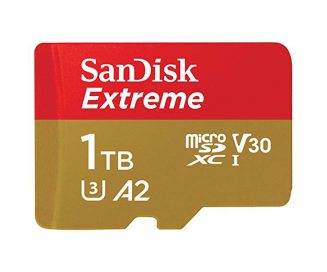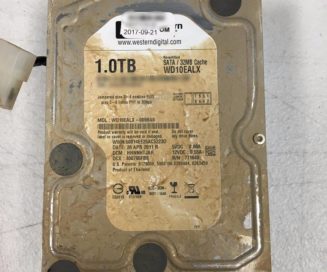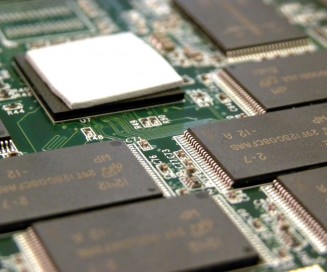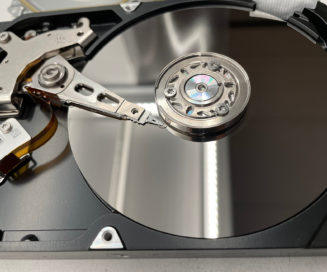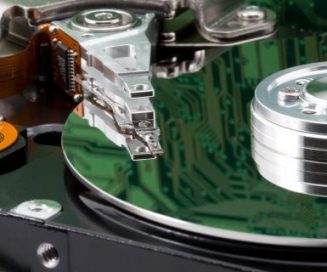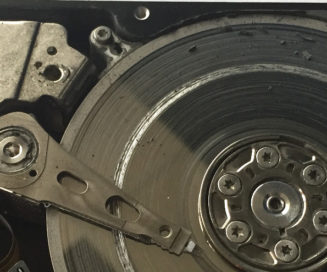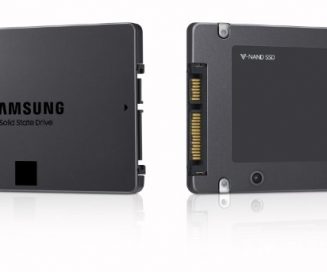Looking for something? Refine your search
- Categories
- Backup
- Cloud
- Computer Forensics
- Computing and CPU Power
- Cryptocurrency
- Damage
- Data Loss Prevention
- Data Recovery Knowledge
- Data Recovery News
- Data Recovery Service
- Data Types
- Database
- Digitization
- Encryption
- Flash Drive
- Hard Disk
- Investing and the Stock Market
- Mac/Apple
- Media
- Mobile Device
- NAS
- Network Security
- Office Documents
- Outreach
- Photos & Images
- RAID
- Ransomware Recovery
- Removable Media
- SAN
- Secure Deletion
- Server
- Services
- SSD
- Storage Industry
- Tape
- Uncategorized
- Video
- Tags
- actuator
- Apple
- backup
- bitcoin
- breach
- clean room
- clone
- computer forensics
- cryptocurrency
- cybercrime
- data recovery software
- data recovery tips
- decision tree
- EEPROM
- encryption
- ethereum
- exploit
- financial records
- fire damage
- flood
- guide
- hard drive data recovery
- hard drive failure
- hard drive manufacturers
- head ramps
- helium
- how to
- hurricane
- iOS
- landing zone
- leak
- Mac
- Mac OS
- machine learning
- macos
- Midwest
- migration
- music data recovery
- NAND
- NFT
- NVRAM
- operating system
- OS X
- parts
- password
- PCB
- Phoenix
- power surge
- RAID
- ransomware
- rebuilt
- SATA
- SaveMyFiles
- SSD
- statistics
- storms
- tornadoes
- TRIM
- video conversion
- virus
- water damage
- wildfires
- windows 10
- windows 10 guide
Why a Flash Card Reports an Incorrect Capacity
If your computer recognizes your flash card but presents an incorrect capacity, it’s probably due to firmware issues. Firmware is specialized software that provides basic instructions to your computer, enabling your machine to read the target device. If firmware becomes...
June 26, 2023
Why You Shouldn’t Use Rice to Dry Hard Drives (or Anything Else)
When we treat water-damaged hard drives, solid-state drives, and other storage devices, we often receive the devices in plastic bags filled with white rice — which tends to complicate the data recovery process. Of course, “put it in a bag...
May 26, 2023
5 Myths About Solid-State Drives (SSDs)
The market for solid-state drives (SSDs) was valued at over $30 billion in 2022 — and it’s continuing to grow, for somewhat obvious reasons. SSDs are much faster than traditional hard drives, more resistant to physical damage, and capable of...
May 10, 2023
Hard Drive Seek Error Rate What It Means (And Why It Matters)
Seek error rate is a hard drive performance metric reported through Self-Monitoring, Analysis, and Reporting Technology (SMART) tools. Hard drives, solid-state drives, and other storage devices use SMART to monitor for issues that may indicate an impending failure. For hard...
May 3, 2023
Hard Drive Seek Time: What It Means (And Why It Matters)
A hard drive’s seek time is the time that the head assembly takes to travel to a specific track on the platters where data can be stored. Since seek time varies depending on which track it needs to access, “seek...
May 2, 2023
Is It Possible to Recover Data from a Formatted SSD?
If you’ve accidentally formatted an SSD, data recovery is unlikely, but potentially possible. Here’s an overview.
April 19, 2023
What Is a Lost Hard Drive Partition?
In data storage technology, a partition is a container with a file system. The file system allows the data storage device to manage files. Every popular data storage device uses partitions. Without partitions, a device might still contain the magnetic...
April 12, 2023
Why a Hard Drive Reads as a RAW Drive
If your computer identifies a hard drive (or other data storage device) as RAW, that means that the file system has become unreadable. The operating system cannot understand how the data is organized, so the drive is treated as unformatted. ...
April 11, 2023
Do Most Hard Drives Fail Before the 3-Year Mark?
Conventional wisdom holds that a hard drive lasts for about 3-5 years — and most manufacturer warranties tend to support that assumption. But it’s important to remember that despite precise engineering, hard drives are profoundly sensitive devices. Recently, we’ve seen...
March 28, 2023
What Are Common Causes of SSD Failure?
Solid-state drives (SSDs), like all other data storage devices, can fail. In fact, SSDs have a set lifespan — eventually, the floating gates SSDs use to store data become less reliable, as we discussed in our article about SSD wear ...
March 16, 2023

